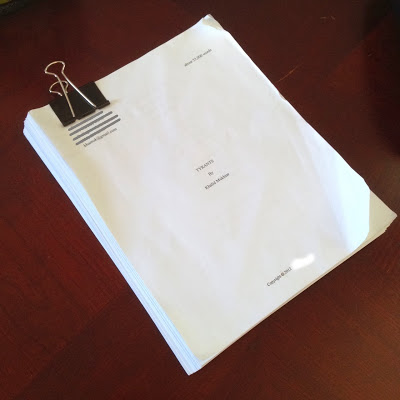I’m late for work and I’m driving down the street,
I’ve got the road in my hands and the wind beneath my feet;
I’m worn and weary of the one who makes me yawn,
I’d rather breathe in the colors of the autumn in the dawn;
Will I live to see the sunset and the night?
Will I see this song to its end within my sight?
The only thing I am certain of is this:
That the world is filled with things I will not miss
If I climb the mountain, descend into the cave
Where the mines of merciful love receive a slave;
I won’t need to worry if I make it to those mines;
How the darkness goes when the Light of mercy shines
Till I find that diamond and hold it to my face,
Yes, I know my gem of redemption’s in that place.
But for now I’m glad that I’m driving down this street,
I’ve got the road in my hands and the wind beneath my feet;
I feel like everything in the world belongs to me,
I feel like everything in the world belongs to me.
The Messenger, peace be upon him, said, “If anyone among you is secure in mind in the morning, healthy in body, possessed of food for the day, it is as though the whole world has been brought into his possession.”

